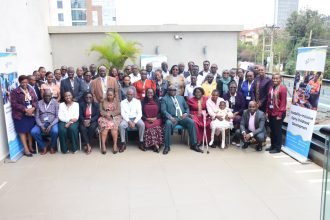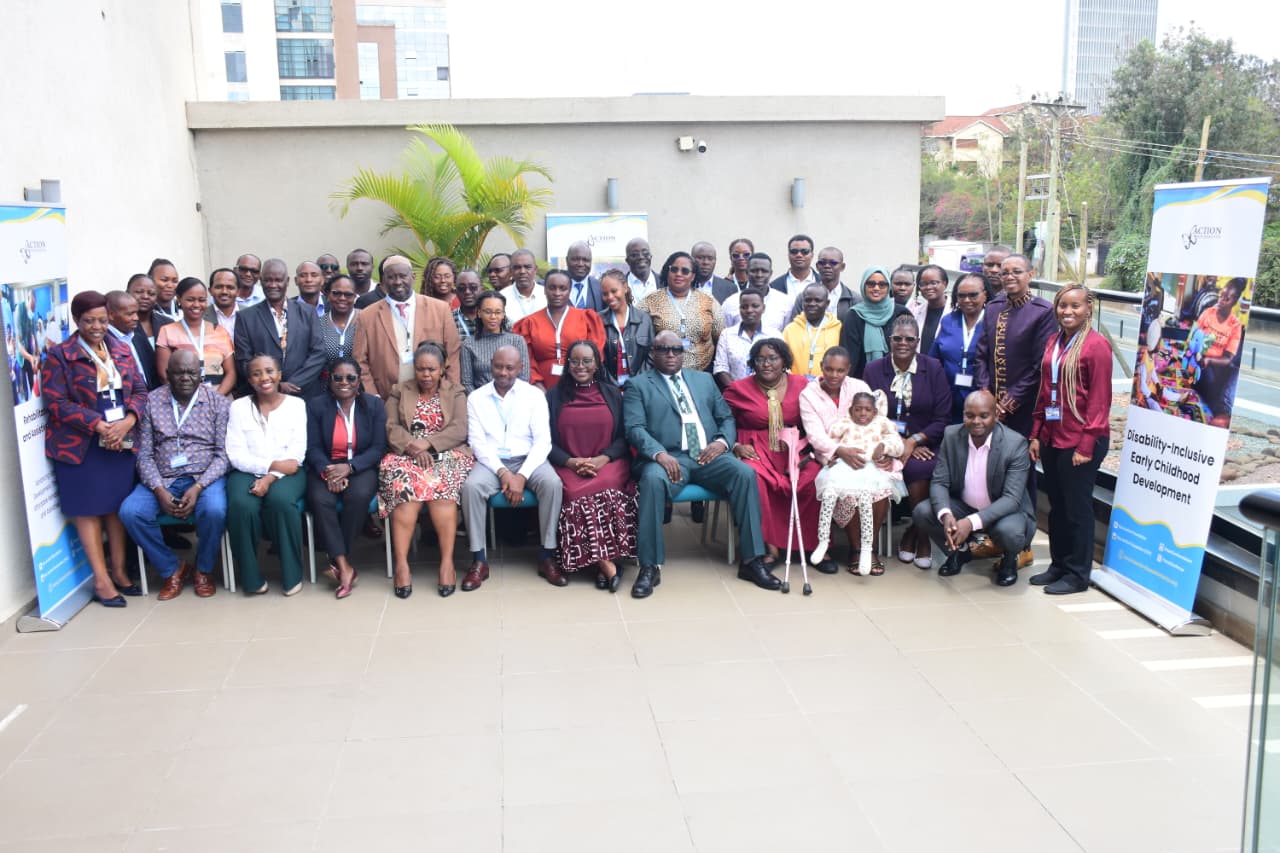By Lenah Bosibori
When many parents discover that their child is born with a disability, some fathers distance themselves, often viewing it as the mother’s responsibility or even as a curse. But for Kenneth Ongoro, a resident of Mathare informal settlement, the story is different. He has chosen to defy the norm by dedicating himself to caring for his five-year-old child, who lives with cerebral palsy.
Ongoro admits that accepting his son’s condition was not easy. “Sometimes society does not understand this type of disability. Even for me, it was very difficult at first until I started attending training sessions,” he says. “It reached a point where I even thought of committing suicide due to the challenges of taking care of my child. I thank God for the support and training I received. Now I understand how to care for him.”
His biggest hope is to see his child attend school and access special needs education with ease. “The biggest challenge is finances,” Ongoro adds. “Children with cerebral palsy have many special needs. Their medication is costly, and as caregivers, we often struggle to afford it.”
Christine Adisa, another caregiver, faces similar challenges with her seven-year-old daughter. She says getting the right medication is difficult because of the high costs, especially since she relies on casual work. “My daughter is very selective with food, so feeding her can be tough,” she says. “We also need to go for regular therapy follow-ups, which is costly. She requires special attention all the time, and I cannot leave her with anyone.”
Education remains another struggle. “My daughter has reached school-going age, but most government schools do not have special units. The few that exist are very expensive,” Adisa shares. “We are requesting the government to build more special schools near our homes so that our children can also get an education.”
Despite the hardships, Adisa expresses gratitude to The Action Foundation (TAF) for bringing physiotherapy services closer to their community. “At least now my daughter is more flexible, and her mobility has improved,” she says.
Both caregivers spoke in Nairobi during the launch of The Action Foundation’s Disability-Inclusive Early Childhood Development (DIECD) project, which aims to transform how Kenya supports young children with disabilities.
The six-year initiative seeks to ensure that more than 1.3 million children aged 0–8 years, together with their caregivers, can access quality health, nutrition, education, and protection services.
Ms. Maria Omare, the Founder and Executive Director of TAF, said the project represents a bold step toward transforming how Kenya supports children with disabilities.
“For too long, these children and their families have faced barriers to healthcare, education, and protection,” said Ms. Omare. “Through this initiative, we aim to reach 1.3 million children with disabilities aged 0–8 years with quality, inclusive services. Our goal is to embed disability inclusion into Kenya’s early childhood systems so that every child, regardless of ability, has the opportunity to thrive.”
Early Childhood development in children with disabilities is an urgent investment, one that can no longer wait.
The program will be implemented in seven counties: Nairobi, Kajiado, Machakos, Murang’a, Siaya, Kilifi and Samburu. It also aims to strengthen rehabilitation and health services, promote play-based learning and nutrition, train teachers to work inclusively, empower caregivers economically, and support county governments in planning and budgeting for disability-inclusive services.
By 2030, the project hopes to have half of all children with disabilities enrolled in therapy programs and four out of five attending child wellness clinics. It also envisions more inclusive classrooms, financially empowered caregivers, and the establishment of a national database to track the needs and progress of children with disabilities.
The DIECD project is supported by Co-Impact, a global philanthropic organization that provides catalytic funding to drive inclusive systems change and advance gender equality.




